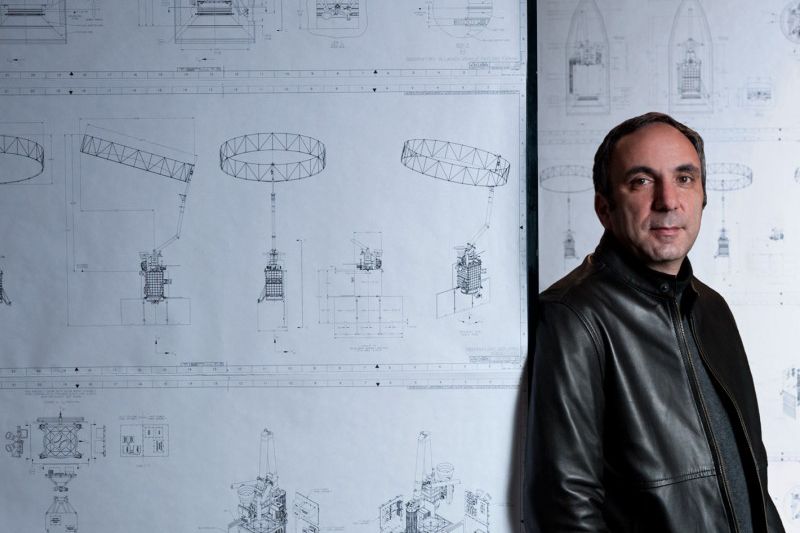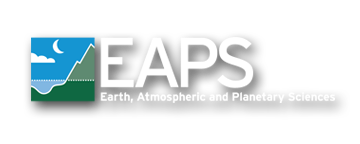Dara Entekhabi Awarded the 2018 David and Lucille Atlas Remote Sensing Prize
For scientific and technical leadership in providing remote sensing data and in their use to address basic questions in hydrological science.

By Lauren Hinkel
Dara Entekhabi, the Bacardi and Stockholm Water Foundations Professor in MIT’s Department of Civil and Environmental Engineering (CEE) and the Department of Earth, Atmospheric and Planetary Sciences (EAPS), has been selected by the American Meteorological Society (AMS) to receive the 2018 David and Lucille Atlas Remote Sensing Prize.
The prize is granted biennially to individuals in recognition of advances in the science and technology of remote sensing, and its application to knowledge of the earth, oceans, and atmosphere, and/or to the benefit of society. This year, Entekhabi’s “scientific and technical leadership in providing remote sensing data and in their use to address basic questions in hydrological science” earned him the accolade.
Considered a leader in his field, Entekhabi’s research examines topics in hydrology with a particular focus on Earth’s soil moisture, illuminating complex land-atmosphere and surface water – groundwater interactions. His insightful application of data assimilation and remote sensing to hydrometeorology and hydroclimatology problems sets him apart, with work on land-atmosphere boundary layer estimation, remote sensing of precipitation and soil moisture, wintertime climate dynamics, designing and validating ground-based networks and urban canyon airflow.
He also leads the science team for the NASA Soil Moisture Active/Passive (SMAP) satellite, which launched in 2015. SMAP measures soil moisture and soil freeze/thaw status using two instruments: radar and a radiometer. These global soil moisture measurements will be used to improve weather, flood and drought forecasts, as well as predictions of agricultural productivity and climate change.
This prize is the second honor Entekhabi has received from AMS. In 2012, the society selected him as the Robert E. Horton Lecturer in hydrology, for his “innovative and insightful contributions in hydroclimatology and its role in regional and global climate, and for pioneering achievements in the remote sensing of the hydrosphere,” typifying Entekhabi’s eminence as a scientist for outstanding research on topics of interest to both hydrologists and meteorologists.



